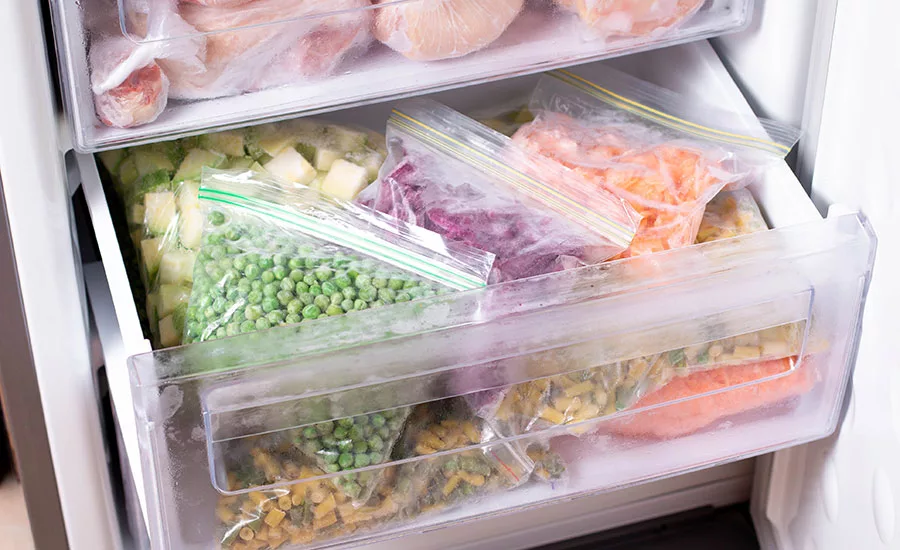FSA Releases Review on the Effects of Consumer Freezing of Food on Its Use-By Date

The Food Standards Agency (FSA) has released a review entitled "The effects of consumer freezing of food on its use-by date," which is current as of July 2021.
Current FSA consumer guidance encourages consumers to freeze pre-packed food right up until the "use-by" date, and once food has been defrosted, it should be eaten within 24 hours. The new review looked at relevant data to determine whether there is an increased risk in relation to freezing ready-to-eat and non-ready-to-eat foods on the use-by date as compared to the day before the use-by date.
The review focused on how the shelf-life of a food is determined, as well as the effects of freezing, thawing, and refrigeration on foodborne pathogens, including Bacillus, Campylobacter, Clostridium botulinum, C. perfringes, Listeria monocytogenes, Salmonella, pathogenic Escherichia coli, and Shigella.
In the UK, businesses are responsible for setting the safe shelf-life of a food, whereas some countries, such as Ireland, New Zealand, and Canada, specifically recommend including safety margins within shelf lives.
Pathogens should not be present in sufficient levels to cause foodborne illness on the use-by date, as food should still be safe to eat on that day. The report assessed the risk from the processes of freezing, thawing, and subsequent refrigerated storage for a further 24 hours, and it found that there is a risk of additional growth of certain pathogens during the refrigerated storage period. However, the impact of freezing and thawing on the extent of the growth was not evident.
Looking for quick answers on food safety topics?
Try Ask FSM, our new smart AI search tool.
Ask FSM →








